POWER AND ENERGY LABORATORY
The Department of Electrical and Electronic Engineering has a state-of-the-art power system laboratory that is extensively used for undergraduate and postgraduate teaching and research. Several hardware setups that can be used to mimic generation, transmission, and distribution systems and their control are available in the laboratory. The lab is also equipped with commercial software such as PSCAD/EMTDC, PSS/E, and IPSA. In addition to facilities available in this lab to analyze and demonstrate electrical power systems, we are developing a Smart Grid Lab to give insight into the latest developments in the power system.
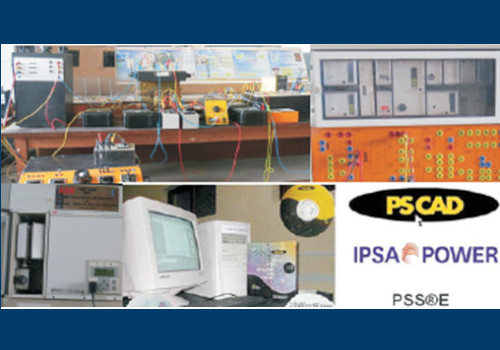
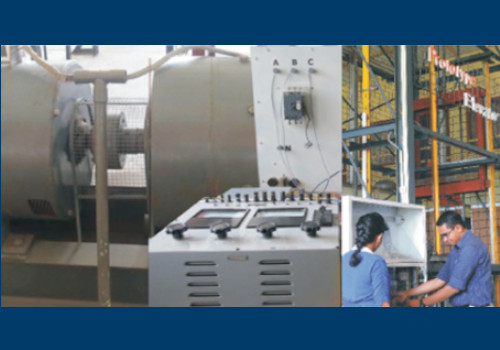
ELECTRICAL MACHINES AND DRIVES LABORATORY
In this laboratory, setups such as ‘dSPACE’ based Machines Drive Control, dc and ac motors with coupled generators to study performances, Inverter based motor drives and Pump performance illustration with inverter-based drive are available. These are used for laboratory experiments for undergraduate and postgraduate modules and projects.
RF AND MICROWAVE LABORATORY
This lab is constantly improving its resources to support cutting edge research and to offer high quality courses, both at undergraduate and postgraduate levels. Students are given not only a sound theoretical knowledge but also a solid practical experience in microwave technology. The laboratory is equipped with state-of-the-art design tools such as AWR Micrwave Office, Ansoft HFSS/Designer, network analysers, spectrum analysers, power meters, and etc.
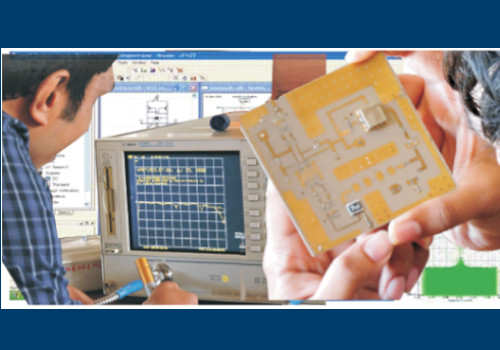
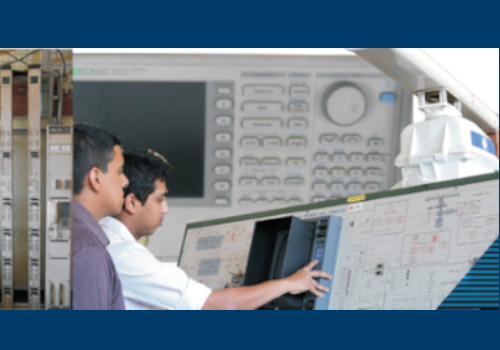
COMMUNICATION AND INFORMATION LABORATORY
This laboratory aims to enhance the telecommunication, wireless communication, mobile communication, digital communication and data communication related skills of the undergraduate and postgraduate students. The lab is equipped with the state-of-the-art equipment and facilities to provide hands on experience for the future telecommunication engineer.
CONTROL AND AUTOMATION LABORATORY
The Controls, Automation and Robotics laboratory guides and conduct practical experiments for undergraduate and graduate students following courses in this area. The lab is equipped with laboratory setups and tools specially tailored to deliver the fundamentals as well as advanced concept effectively and efficiently in analogue and digital control of electrical and electro-mechanical systems, modern control systems including real time and distributed systems, industrial automation systems, industrial control systems and mobile robotics.
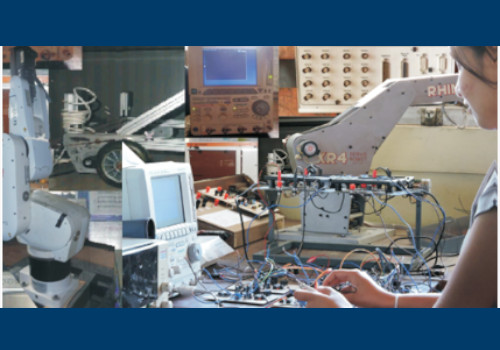
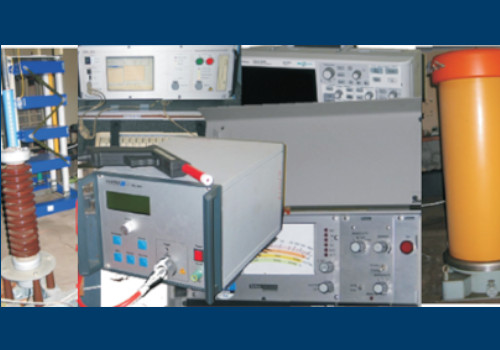
HIGH VOLTAGE LABORATORY
The high voltage laboratory is well-equipped with the modern test facilities purchased from foreign and local funding programs. These test facilities are now vitally used for undergraduate and post-graduate research activities, laboratory experiments, for consultancy services for industry, such as Ceylon Electricity Board, Lanka transformers PLC, and for demonstrations to regular visitors such as school children and navy officers.
ELECTRONICS AND INSTRUMENTATION LABORATORY
Electronic and Instrumentation laboratory of DEEE focuses on analog electronics to digital logic designs and instrumentation. State-of-the-art laboratory test equipment include analog and digital oscilloscopes, logic analysers, programmable function generators, isolated-tracking-adjustable-dual power supplies, FPGA development kits, multichannel analog and digital DAQ cards, industrial embedded computers, logic design demo boards, microprocessor and microcontroller development kits, and many other equipment.
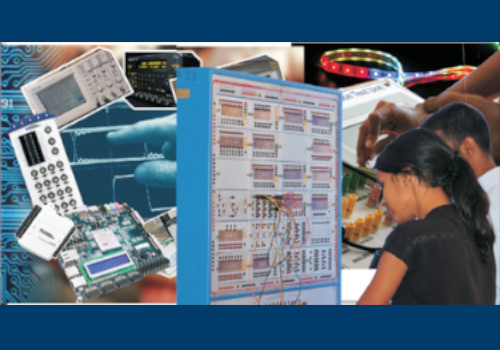
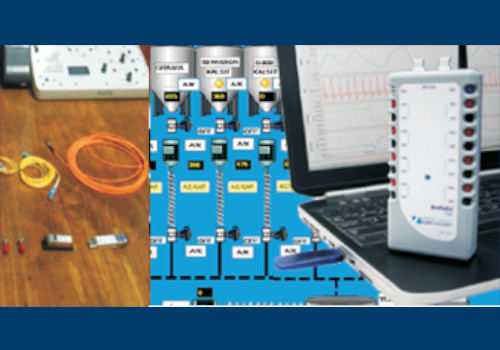
MULTI DISCIPLINARY LABORATORIES
The multi-disciplinary laboratories mainly cater for emerging areas of electrical and electronic engineering. Some of these areas include smart grids, optical fiber and Bio-medical engineering. Smart Grid lab covers research areas such as renewable energy and their integration, Micro grids, Smart metering, DC grids, Intelligent energy management algorithms, Demand response, etc. The optical communication lab focuses on improving the efficiency of the optical fiber transmission. Biomedical lab carriers PC based Medical instrumentation, Electrical Impedance Computed Tomography, Medical image processing, Electrophysiologic measurement instruments, etc.
COMPUTING RESOURCES
The Department maintains its own autonomous computer network while still being a part of the main University network. At the centre of this network are the three servers, each dedicated for a unique purpose: mail, web and file services. Postgraduate students are provided with a mini network of their own, equipped with a file server and specialized software within the Department network. Software ranging from simple demonstration tools to advanced simulation tools in various areas of Electrical Engineering are available for the Department members. The wireless link within the Department provides constant connectivity to a number of roaming users with laptops and for places where wired network access does not exist.
Students are provided with separate computing facilities dedicated for the project and research works. This facility allows them to use some of the advanced simulation tools for their works. In addition, the COMPUTING CENTER is providing the necessary computing facilities in the weekdays as well as weekends. Therefore, postgraduate students could use the computing facilities provided by the computer centre. It has a capacity to accommodate more than 70 students at a time.



